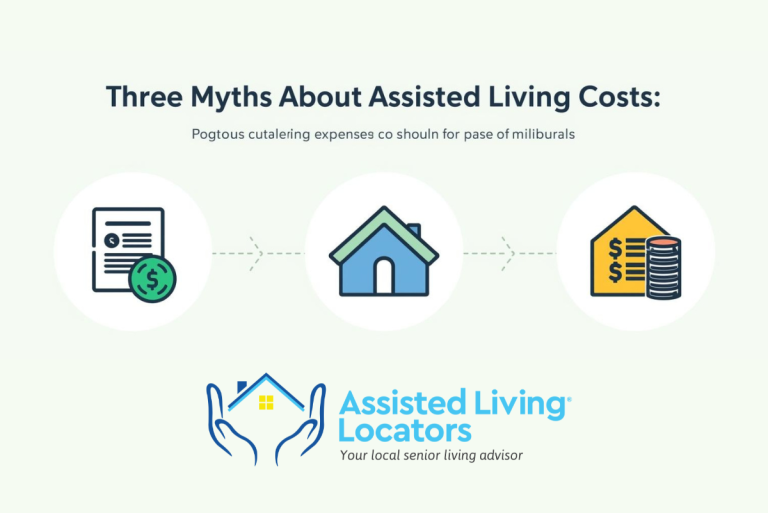Talking about future care with an aging parent or loved one can be emotionally delicate, but it's one of the most important steps in long-term planning. Many families avoid these conversations until a crisis occurs — when decisions are rushed and options are limited. Beginning the dialogue early allows everyone involved to understand preferences, explore choices, and prepare for transitions without pressure.
Start by choosing the right moment. Look for calm, private times when neither of you feels rushed or stressed. Avoid bringing up the topic during holidays, family events, or medical emergencies. Begin with open-ended questions such as, “Have you ever thought about what kind of support you’d want if it becomes harder to live independently?” or “What are your thoughts on staying at home as you age?” These questions invite honest conversation without overwhelming your loved one.
It’s important to listen actively and without judgment. This is not a one-time discussion, but an ongoing conversation that evolves over time. Keep notes, include other family members when appropriate, and remember that your loved one’s wishes are central to the process. Being compassionate and respectful will help them feel heard and included in their own future planning.If you're not sure where to begin or how to approach sensitive topics like finances or medical care, use resources such as the National Institute on Aging’s Advance Care Planning guide. These tools can help you structure conversations and bring clarity to complex decisions. Planning ahead is an act of love — one that ensures your family is prepared, confident, and connected through every step of aging.





